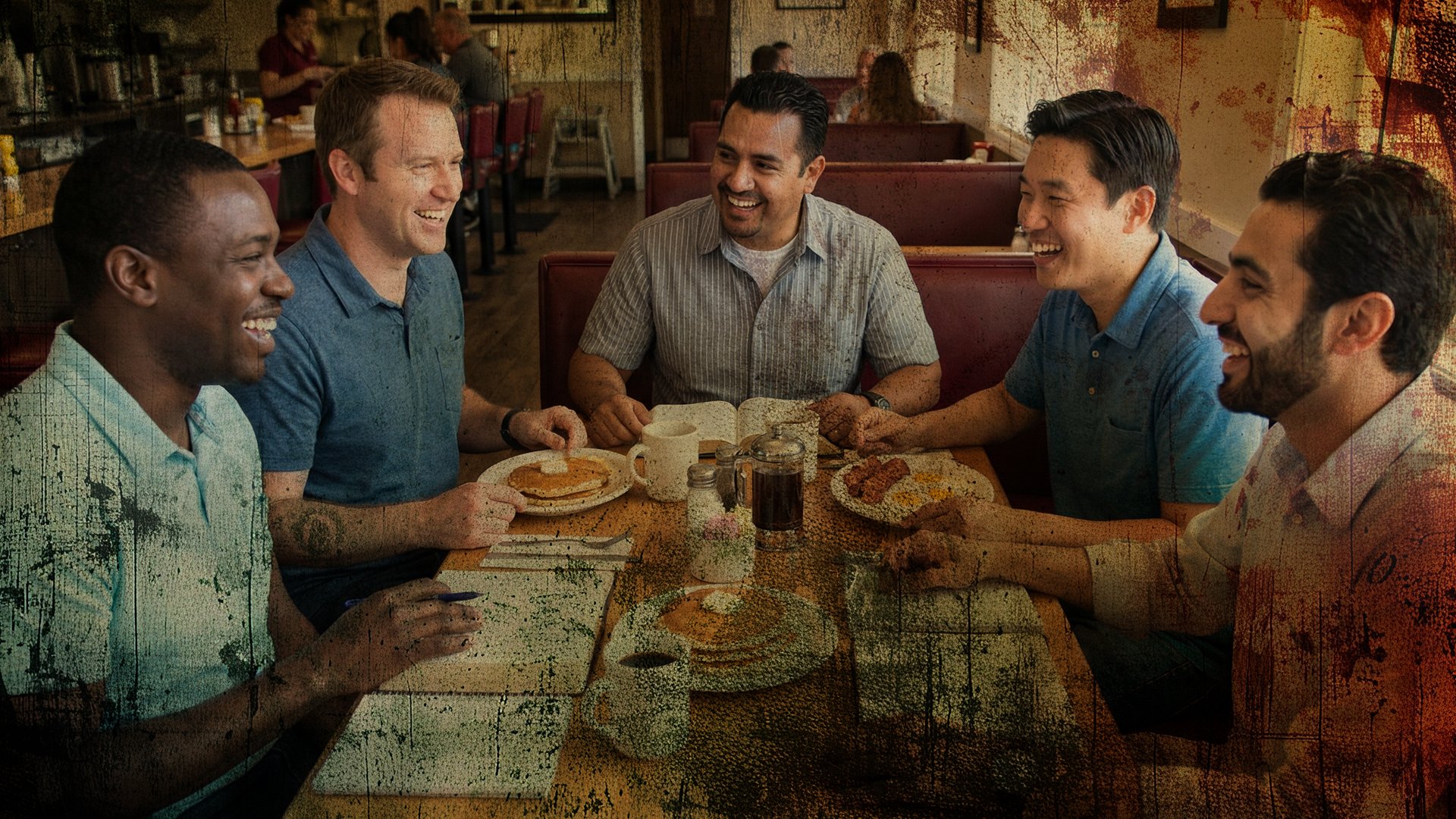Each man seated at a Men’s Table is in a unique place in their personal and spiritual development. They come possessing different personalities and competencies. They have needs they are wanting to have met through the fellowship. And they have skills and experience to share with others. This give-and-take will be slightly different at each table. At your table, believe that God has brought together a specific group of men to impact one another in their leadership journeys.
You may think of men from a psychological perspective. There are various “types” of men who may be represented in your group. Defined by broad categories, you might more effectively engage by considering of each man’s “make up”, what he brings to the table, and what kind of discussion and relationship will most benefit him (individually). This list is not comprehensive or scientific, but may be somewhat helpful.[1]Consider:
The leader exudes confidence and charisma. He is a natural-born captain who is assertive and can effectively make decisions. 1 Timothy 3:1-7 gives qualifications for these key leaders: “He must be above reproach, the husband of one wife, sober-minded, self-controlled, respectable, hospitable, able to teach, not a drunkard, not violent but gentle, not quarrelsome, not a lover of money. He must manage his own household well, with all dignity keeping his children submissive…” Engaging the leader means helping him to see his primary role in developing others. The leader may tend toward dominating a conversation or pushing their point of view. His assertiveness and confidence must be tempered with humility and respect. If he understands the importance of building up leadership in others, he will be an invaluable addition to your table.
The mediator. He is reliable and empathetic, often serving as a moderator as he is approachable and trustworthy. 1 Peter 3:8 describes the mediator: “Finally, all of you, have unity of mind, sympathy, brotherly love, a tender heart, and a humble mind.” As nurturers, mediators can promote understanding and connection. They’re great contributors to table conversation and seek to build bridges among the various men present. Because they value stability, they’ll often look for commonalities and give emotional support. Seek to have at least one mediator at your table—several will significantly raise the level of conversation.
The independent operates in solitude as he is self-sufficient and autonomous. He is content to operate on the fringe versus in the limelight. He doesn’t make friends easily, but the few he has he values and protects intensely. Proverbs 18:24 describes the independent: “A man of many companions may come to ruin, but there is a friend who sticks closer than a brother.” It may take some time for the independent male to open up, but he values loyalty and can be understanding and introspective. At your table, encourage the independent to share over time. The relationships he builds will be based on mutual respect and can bring a loyal bond to your group. Further, the independent will benefit from becoming more connected to other men as the group grows.
The adapter is dedicated to self-improvement. They are resilient, accommodating and smartly manage life and work difficulties. Ephesians 4:22-24 gives instruction to the adapter: “To put off your old self, which belongs to your former manner of life and is corrupt through deceitful desires, and to be renewed in the spirit of your minds, and to put on the new self, created after the likeness of God in true righteousness and holiness.” The adapter views himself and others as a work-in-progress. In conversation he is open to new ideas and will encourage others to talk through interesting perspectives. He will help the entire table group grow in leadership as they see him latch on to key principles and begin to implement them in his life and work.
The introvert. He may feel uncomfortable in social settings but can often have an interesting and unique take on circumstances and challenges. The number of men in this category has grown significantly in recent years. Cultural shifts and a lack of training in manhood has created many introverts who are seeking to learn how to assert themselves confidently and lead effectively. If you can engage the introvert in the table discussion and help him to feel comfortable, you’ll likely find someone who is inquisitive and receptive, wanting to learn and grow. His input will often be thoughtful and observant, as he spends most of his time listening and watching versus talking.
No table group is like any other. In current culture we often hear of the advantages of “diversity” in the workplace, but this is most likely based on traits like skin color. The true benefit of diversity, though, is in a broad range of thoughts and experience. When you have a table of men who grew up differently, were educated differently, have different family lives, and varied work histories, you’ll find a group that will, in just their diverse make-up, heighten the level of discussion and interaction. Men tend to learn from those who are different from them in some way. Consider who is seated at your table, and how their uniqueness is of benefit to leadership development.
[1] https://medium.com/@motivatorexpress/the-7-male-personalities-explained-alpha-vs-beta-vs-sigma-vs-gamma-vs-omega-vs-delta-vs-zeta-873106889f50
















A creed is a formal statement of essential beliefs. The word “creed” comes from the Latin “credo” meaning, “I believe.” You can adopt The Brothers’ Creed as a statement of belief for your Men’s Table.